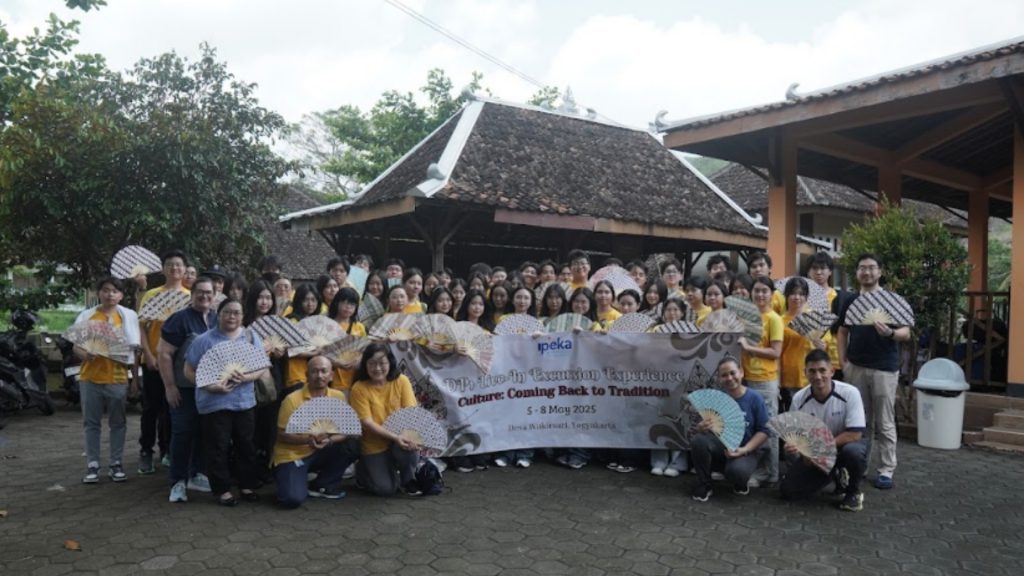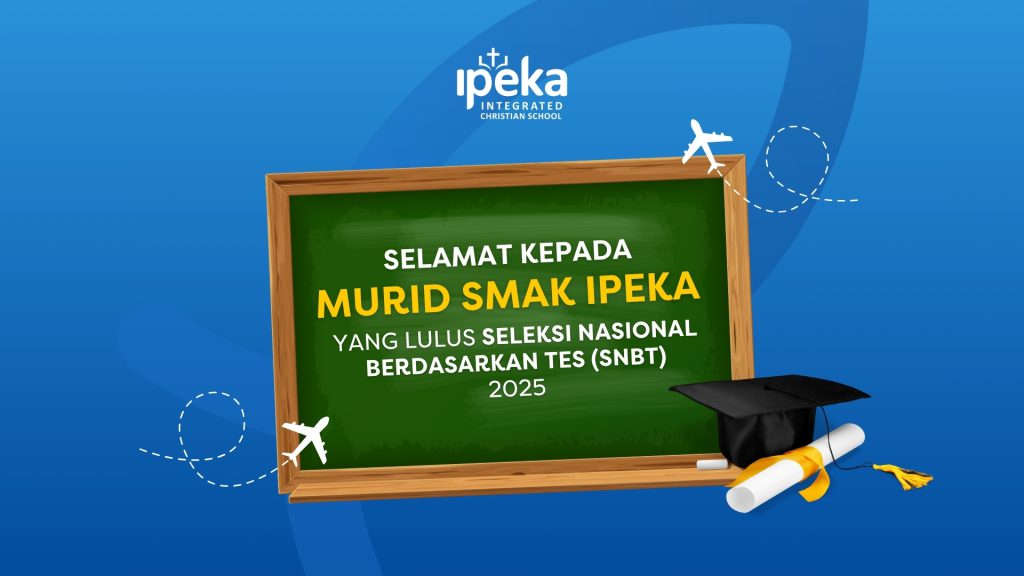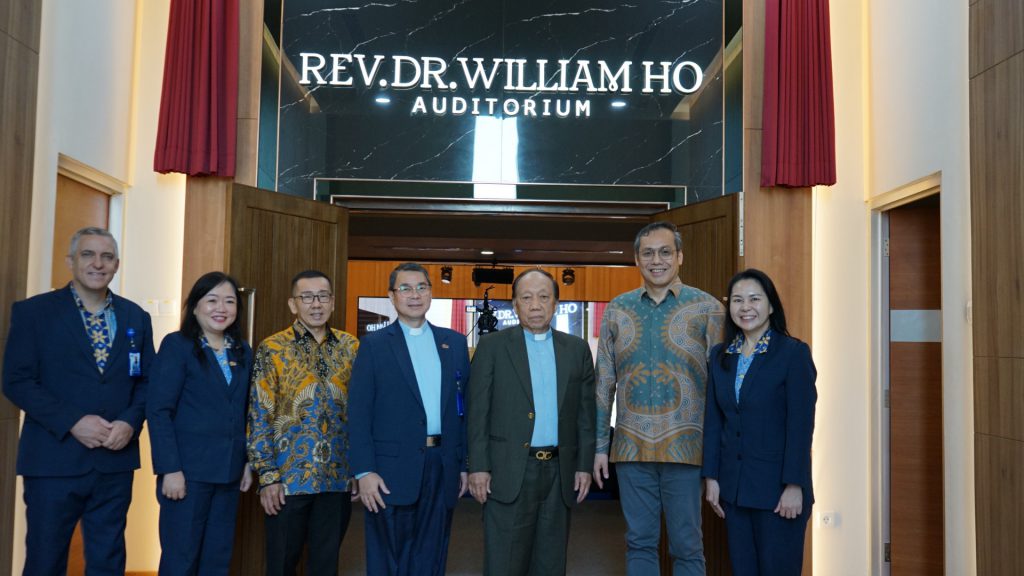“It's playtime….!”
“Yeeeyyy…!! Fun….!!"
That's roughly the reaction of the children when teachers or parents announce free time to play. When children are still in pre-school (toddler or kindergarten), it seems that parents agree that their world is the world of play. Thus, few parents limit their children's playtime. However, complaints and comments that tend to be negative are increasingly appearing when these children enter the real world of schooling, especially at the elementary school level.
It is true that at the elementary school level, the task of child development begins to focus on academic fields. Children begin to be "required" to understand basic science and increasingly master fundamental skills such as reading, writing, or arithmetic. The achievement of children's achievements is often the main focus of parents. At the same time, the child's daily schedule begins to be filled with school assignments or homework in order to increase the stimulation of the academic aspect of the child. So what about play activities? Are play activities still needed and useful for children? Often parents complain that their children just want to play and can't concentrate when studying, is this view true?
Before giving answers to these questions, we need to know first what is meant by playing. According to the Indonesian dictionary, wordplay has the meaning of doing something for fun. Without realizing it, through fun activities when playing, children learn many things depending on the type of game. In addition, naturally, children can more easily absorb the things they learn when the atmosphere is relaxed and fun.
Games can be divided into several types, namely based on the number of players (social or individual games), active or passive, fantasy/role games, and brain sharpening games. Through these games, children hone their gross, fine motor, and cognitive abilities, for example, planning, analyzing problems, and solving problems. Children's socialization skills are also honed through group games. Children get the opportunity to learn simple concepts that are important early in life, for example: sharing with friends, taking turns, waiting patiently, managing/arranging the game to be fun for all participants, accepting consequences that are pleasant or unpleasant, and yielding/tolerating. These basic things are not only useful for honing children's socialization skills but are also good for children's personality development.
Based on this explanation, it is known that playing is not just a fun activity without a purpose or without benefits. However, the limitations of playing space or an increasingly “modern” urban layout have reduced the facilities and opportunities for children to play actively and socially. Children's games are increasingly shifting to passive games and more lively to games that use sophisticated electronic devices. These electronic games are also able to hone children's cognitive abilities, general insight, and fine motor skills. However, the game limits the child's socialization space and reduces the child's space for movement. In addition, electronic games often present a very large and fast stimulus within a few seconds and also tend to make children less concentrated and easily bored when facing tasks with slower rhythms (eg reading, writing, memorizing, etc.).
So to answer the question that arises "do children still need to be given time to play?" Of course, the answer is yes, children still need play activities in their lives even though their developmental tasks begin to focus on academic fields. The way to get around this is that parents can make a proportional schedule between the length of time for children to study/repeat lessons at home and play. Arrange the schedule in such a way that the child's daily life is not only filled with activities that focus on academic needs, but also play activities that hone socialization skills and personality development. Parents can also enrich their children with educational games that hone children's cognitive, cooperative, and communication skills (for example: playing bicycles together, monopoly, teacher-student games, congklak, reading books and playing puzzles, etc.). When children are playing, parental guidance and participation are also very good for children. The relationship between children and their parents can be more intimate and warm. Children can also learn from their parents more strategic and appropriate ways to solve problems.
Diana, M.Psi.





